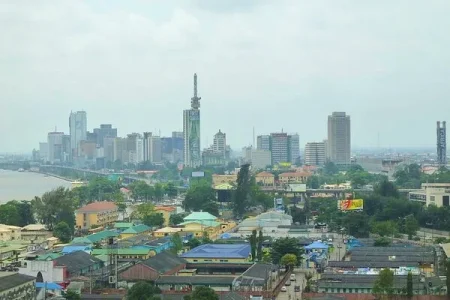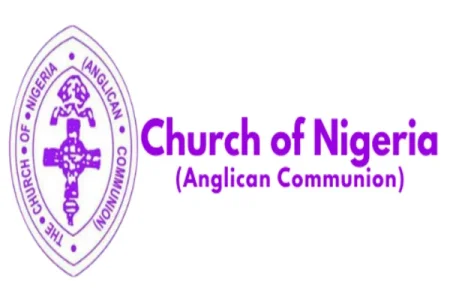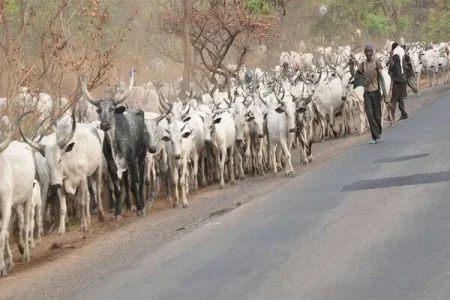
In the bustling streets of Lagos, where economic hardship looms large, an unconventional avenue for financial sustenance has emerged: the trading of male semen. Amidst the struggle to make ends meet, individuals are turning to innovative means of income generation, with some venturing into businesses considered extreme by societal standards. While some resort to menial jobs or small-scale ventures, others are engaging in the sale of their semen as a means of financial refuge. These "semen centers" dot the landscape of Lagos, catering to a clientele primarily drawn from the student population and men grappling with economic challenges.
Upon investigation, it becomes apparent that this practice, though not entirely new, has evolved into a commercialized enterprise, reminiscent of everyday merchandising rather than altruistic donation. Semen centers across the state openly recruit willing donors, offering financial compensation for their contributions. The process involves stringent medical screening to ensure the health and viability of the semen, with prices ranging from N30,000 to N50,000 for a mere 5ml, contingent on the location of the clinic.
Despite the financial allure, the practice evokes mixed reactions from various quarters of society. While some view it as a pragmatic solution to economic woes, others express moral and ethical reservations. Individuals like Adeoye, a Surulere resident, see it as a rational means of utilizing a natural resource, likening semen to crude oil and questioning the need to let it go to waste. However, others, like Emmanuel, a vulcanizer in Bode Thomas, Surulere, emphasize the sacredness of semen, advocating for its donation to aid those struggling with infertility rather than its sale for profit.
Ritual fears and religious considerations further complicate the issue, with concerns raised about the potential misuse of donated semen and its implications for lineage and inheritance. While some, like Solebo, a student at LASUTech, shun the practice altogether out of fear of nefarious use, others, like Shola, see it as a legitimate means of earning income within the bounds of legality.
From a religious standpoint, clergymen offer divergent perspectives, with Pastor Peter Oyedokun highlighting the sanctity of family and procreation in Christianity, while Imam Suraaj Sebiotimo underscores the importance of good intentions and adherence to Islamic principles.
While some view this practice as a pragmatic solution to financial woes, others express moral and ethical reservations. The emergence of the sperm trade underscores the complex interplay between economic necessity, societal norms, and individual choices in Lagos.
Source: Nigerian Tribune




